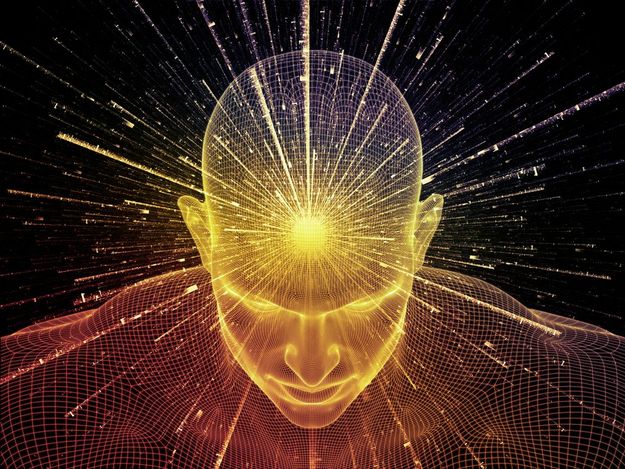ברוך חונן הדעת/ Barukh honen ha’da’at. “Blessed are You who graces humanity with consciousness.”
The weekday Amidah’s first petitionary prayer is a praise of God for our precious mental faculties and a plea for ever more wisdom and learning. Like all the Amidah’s paragraphs it is drawn from biblical verses. Here are two which seem to have served as literary sources: Psalm 94.10 refers to God as המלמד אדם דעת, “the one who teaches consciousness to humanity;” Proverbs 2:6 says: כי ה’ יתן חכמה, מפיו דעת ותבונה, “for the Lord grants wisdom, from His mouth comes consciousness and understanding.”
The placement of דעת, “consciousness” or “intelligence” at the beginning of the Amidah is illuminating about this religion’s value system. Sometimes to a fault, Judaism is a heady culture, in love with the meaning and power found in the mental realm. Sometimes correctives are necessary, taking us into silence and rawer emotions. A faith or spiritual path cannot be all about concepts, analysis, or even stories and songs. But I treasure our arguments, discussions, questions and our love of texts. All animals figure out how to flee their predators and find their food. We humans –we Jewish humans especially – are skilled at asking not just how to thrive and survive, but what our life means, what we value, what principles we stand for and what constitutes the Good Life.
Blessed are You, Adonai our God, master of the cosmos, who graces us with the neural architecture, the curiosity, the memory, the ability to communicate, the power to absorb data, the capacity to analyze concepts – with all that makes our mental life possible. Without da’at, how could we do anything else?
That is precisely how the Talmud comments on the first of the Amidah’s blessings. Rabbi Judah HaNassi is reported to be puzzled by what was omitted in the change from weekday to Shabbat liturgy: “I don’t understand how they [i.e. those who fixed the liturgy] omitted the prayer of ‘who graces us with consciousness’ on Shabbat. For if there is no understanding, whence prayer? [Jerusalem Talmud Berakhot 5.2 (39b)].” As Rabbi realized, the very concept of prayer entails the premise that human beings have intellectual capacities for articulating our fears, hopes, dreams and values in words. According to R. Judah HaNassi, every prayer – including on Shabbat – should begin with a grateful acknowledgement for the life of the mind.
A fine midrash renders a kind of harmonic note on that idea that our mental life is necessary pre-requisite that enables us to have a prayerful relationship with God (at the end of Pirkei d’Rabbi Eliezer ch. 39):
Moses said to the Blessed Holy One: “Master of all the worlds, teach me Your great and holy name, so that I may call upon You and You will respond.” God revealed it to him, as it is said: And God said to Moses, I will be what I will be. When the angels saw that God had transmitted to Moses the secret of the explicit divine name, they recited: ברוך אתה ה’ חונן הדעת/Blessed are You Adonai, who graces humanity with consciousness.”





